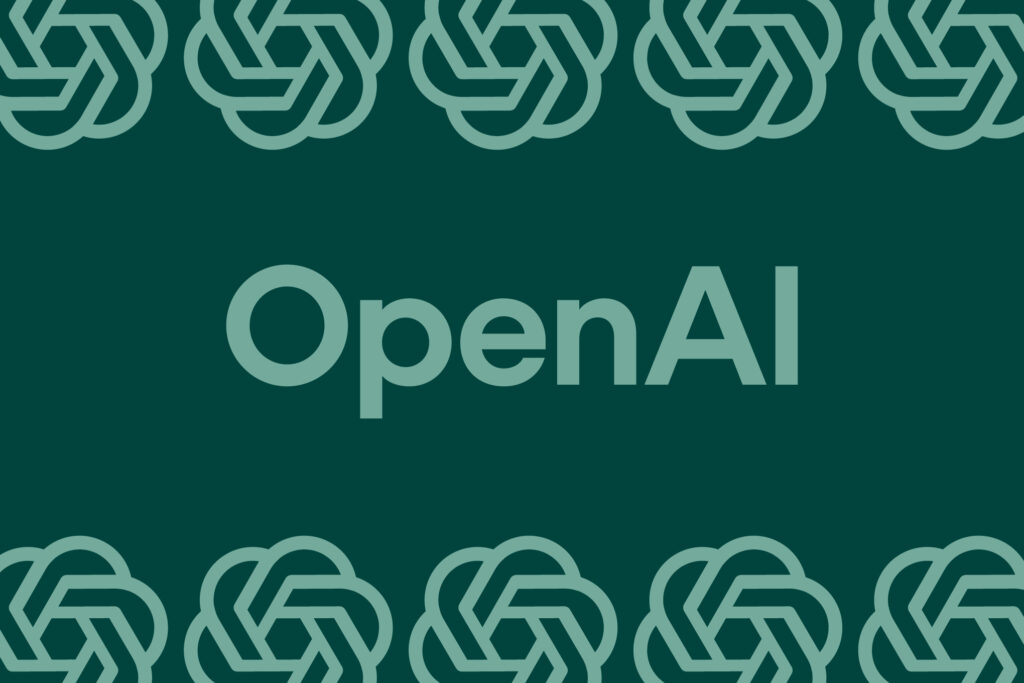
OpenAI is teaming up with Broadcom to produce its own computer chips to power its AI data centers. The deal is the latest in a series of partnerships designed to reduce the company’s reliance on Nvidia and secure enough computing power to fuel apps like ChatGPT and Sora and realize its mission to develop superintelligent AI.
OpenAI said designing its own chips allows it to “embed what it’s learned from developing frontier models and products directly into the hardware, unlocking new levels of capability and intelligence.”
The partnership, announced Monday, will enable OpenAI to develop and deploy “10 gigawatts of custom AI accelerators” using its own chips and systems. To put that number in context, the output of a typical nuclear reactor is around one gigawatt.
Broadcom is expected to start deploying racks of equipment in the second half of 2026 and the deal should finish by the end of 2029, the announcement said. OpenAI co-founder and CEO Sam Altman said the partnership “is a critical step in building the infrastructure needed to unlock AI’s potential and deliver real benefits for people and businesses.”
The announcement comes after OpenAI struck a six gigawatt deal with AMD and a 10 gigawatt deal with Nvidia. The infrastructure partnerships have only recently become possible after OpenAI altered its exclusive arrangement with Microsoft for AI compute.
Creating custom chips is part of a growing movement within the tech industry as major players like Meta, Google, and Microsoft work to bolster vital supply lines amid soaring demand and reduce their reliance on Nvidia’s AI chips. To date, custom chip projects have not posed a plausible threat to the chipmaking behemoth, though they have handsomely benefited other chipmakers like Broadcom.




This partnership between OpenAI and Broadcom sounds like an exciting development for the future of AI technology. It’s great to see companies collaborating to enhance their capabilities. Looking forward to seeing the results of this collaboration!
I agree, it really is an exciting development! This partnership could significantly enhance the efficiency and performance of AI models, especially as demands for processing power continue to grow. It’ll be interesting to see how these chips might optimize energy use in data centers as well.
Absolutely, it’s fascinating to see how this collaboration could lead to more efficient AI processing. With OpenAI’s focus on innovation, these chips might also allow for more advanced algorithms and capabilities in future AI applications. Exciting times ahead!
I agree, it’s exciting to think about the potential advancements in efficiency! This partnership could also pave the way for more tailored AI solutions, allowing OpenAI to optimize performance based on specific applications.
Absolutely! The collaboration could really enhance AI processing speeds, which in turn might lead to more sophisticated applications. It’ll be interesting to see how this impacts the scalability of AI technologies in the future.